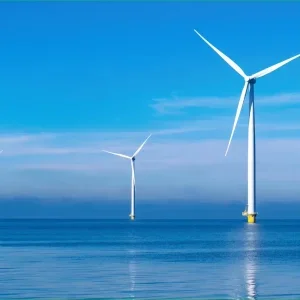
Planned to be built at Ratnagiri, 346km south of Mumbai in Maharashtra, India, the 1.2 million barrels per day integrated refinery and petrochemicals complex will be implemented by new joint venture company Ratnagiri Refinery & Petrochemicals (RRPCL).
The project will comprise 50 high-efficiency refining units, as well as three main blocks, including the refinery block, aromatics block and petrochemical block.
The new agreement outlines the principles of the joint strategic cooperation between Saudi Aramco and ADNOC to jointly build, own and operate the refinery complex in collaboration with the consortium of Indian national oil companies.
The consortium comprised Indian Oil, Bharat Petroleum, and Hindustan Petroleum.
UAE Foreign Minister Sheikh Abdullah said: “We look forward to exploring further opportunities to expand our energy partnerships and to collaborating on new, broader, opportunities that will further strengthen and deepen the long-standing economic links between our three countries.”
Saudi Aramco and Adnoc will jointly own 50% stake in RRPCL while the Indian consortium will own the remaining 50% interest.
ADNOC Group CEO Dr Sultan Ahmed Al Jaber said: “By investing in this project, we will secure off-take of our crude to a key growth economy, as well as one of the world’s largest and fastest growing refining and petrochemical markets.”
The parties will now commence a pre-feasibility study to assess the overall configuration of the project, which is said to be the single largest overseas investment in the Indian refining sector.
Saudi Aramco president and CEO Amin H Nasser said: “World energy demand is expected to grow exponentially by 2050, driven in large part by India. Saudi Aramco is proud to partner with ADNOC and RRPCL to help ensure that the world’s fastest-growing economy has secure, reliable energy feedstocks for its long-term prosperity.
“The Ratnagiri project will meet India’s rising demand for fuels and chemical products while serving the strategic objectives of the partners.”
The refinery will be equipped to produce a range of refined petroleum products, including petrol and diesel meeting BS-VI fuel efficiency norms.
It will also provide feedstock for the integrated petrochemicals complex, which is expected to have production capacity of approximately 18 million tons per annum of petrochemical products.






